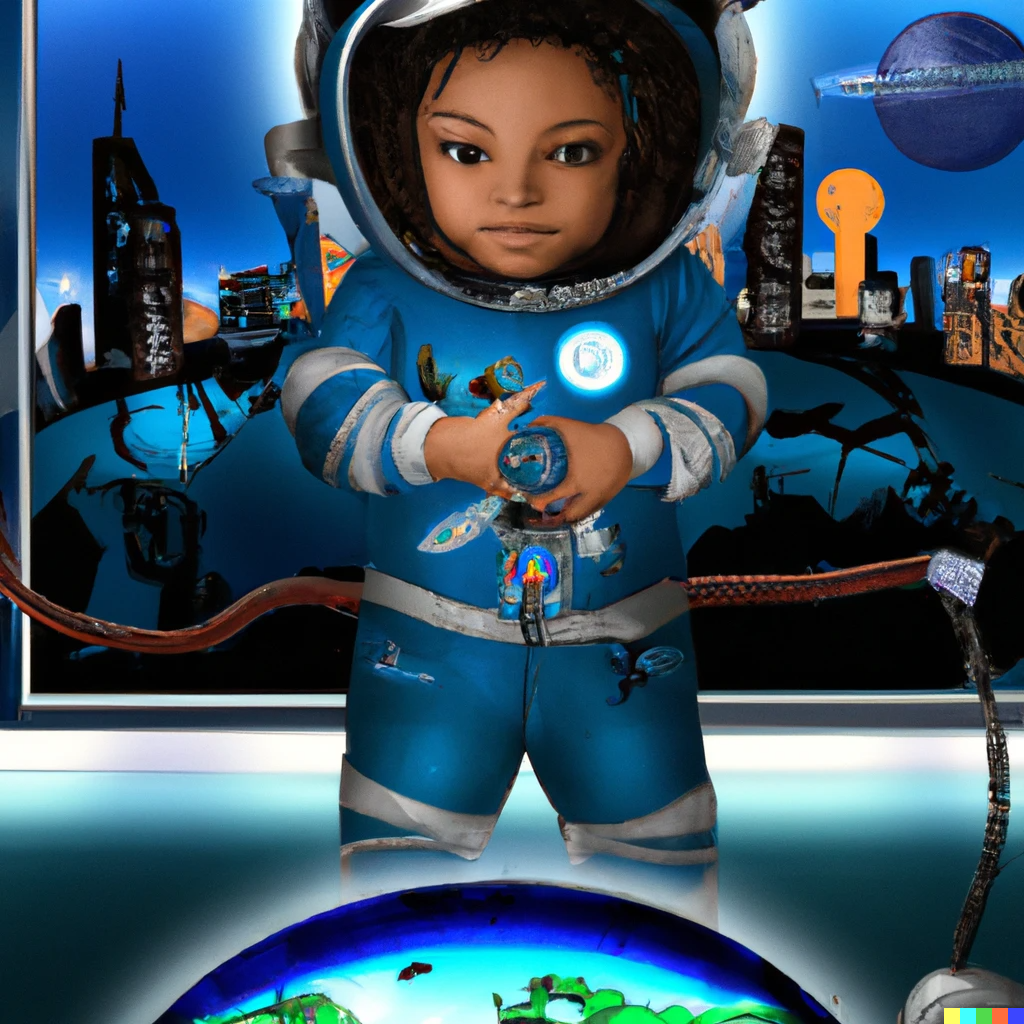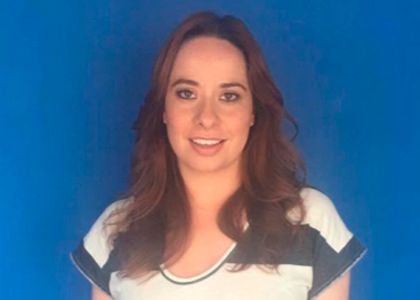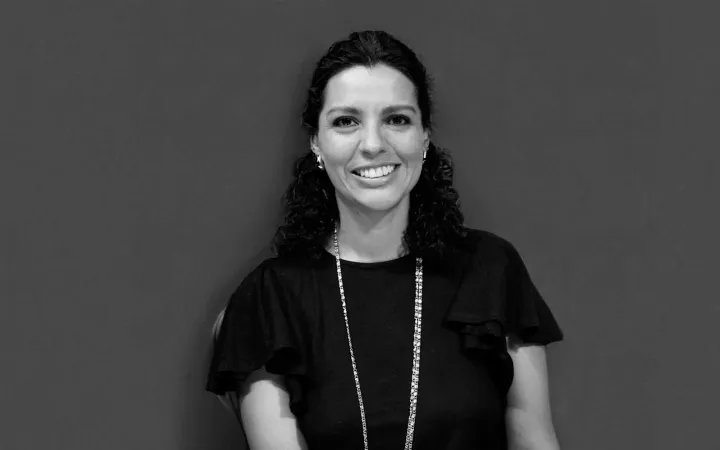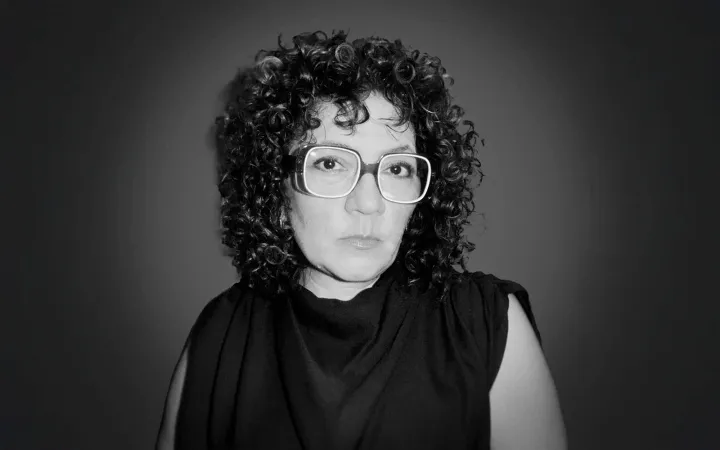
Por Alejandra César*


Cuando me topé con la siguiente cifra me voló la cabeza: hasta el 65% de los niñ@s en primaria tendrán trabajos que no existen todavía. Esto lo leí en un libro que se ha convertido en nueva brújula de vida: “The Upside of Uncertainty: A Guide to Finding Possibility in the Unknown”.
Cuando era niña, tenía dos sueños: ser arquitecta o limpiadora de ventanas en rascacielos (creo que también gimnasta olímpica). No seguí ninguno de esos caminos, ya que al crecer me enamoré de la comunicación en plataformas digitales, que obviamente no existían cuando tenía cinco años (por favor, eviten calcular mi edad).
Hoy, los niñ@s siguen fantaseando con su futura profesión. Según una encuesta de 2021 realizada por el portal Zety, las cinco profesiones más deseadas por los varones en Estados Unidos son atleta, doctor, músico, policía y empresario, mientras que para las niñas las opciones más comunes son maestra, doctora, veterinaria, estrella de cine y escritora.
Existe algo reconfortante en esa idea lineal de vida donde escoges una opción del menú de profesiones tangibles en tu entorno, adquieres conocimientos, obtienes tu diploma y te adentras en el mundo laboral para encajar en el engranaje elegido. Pero ya sabemos que realmente no es así: la incertidumbre es la nueva normalidad, y nuestros cerebros están programados para temerle.
De acuerdo con el libro mencionado, el miedo a lo desconocido se considera incluso el miedo fundamental que subyace a todas nuestras demás ansiedades. Los autores, Nathan Furr y Susannah Harmon, nos invitan a cambiar nuestra perspectiva y reconocer que en la incertidumbre es donde se ocultan las mayores posibilidades.
La aclamada futuróloga e investigadora Heather E. McGowan dice que estamos entrando en una era que implica un cambio radical en nuestra relación con la tecnología. En su opinión, la tercera revolución industrial fue la computarización de todo, en la cual era una ventaja tener cada vez más títulos y credenciales. Es un momento en el tiempo que a McGowan le gusta describir como "aprender para poder trabajar".
Mientras que en la cuarta revolución industrial, la computarización se ha vuelto cada vez más omnipresente y la tecnología puede realizar tareas por nosotros. En lugar de aprender a usar una herramienta para utilizarla, ahora aprendemos con y a través de ésta. Según McGowan, algunas habilidades clave para esta nueva era son aprender rápidamente, desaprender y adaptarse; dejar de hacer las cosas "como siempre las hemos hecho" y, aún más difícil, dejar de ser "quienes creemos ser"; y sentirnos cómodos tanto con la ambigüedad como con la vulnerabilidad.
Entonces, si tienes hijos (o sobrinos, primos o nietos) en primaria, que ingresarán al mundo laboral alrededor del 2035, más que datos e incluso lenguajes de programación, las habilidades más útiles que puedes inculcarles son el pensamiento crítico, el amor por el aprendizaje como un proceso constante y lo que Furr y Harmon han definido como trasilencia, que implica la transformación personal, saltando de un estado a otro.
Alejandra César es una estratega digital con más de 17 años de experiencia en impulsar planes de negocios, operaciones y alianzas estratégicas. Ama viajar y la tecnología, y es una apasionada del bienestar digital. Es cofundadora de Oceana Media Lab, empresa de reciente creación que busca ayudar a creadores, medios y marcas a potencializar su estrategia en redes sociales a través de consultoría, plataformas de entrenamiento y desarrollo de productos. Durante cuatro años se desempeñó como Strategic Partner manager en Meta (Facebook, Instagram y WhatsApp), posición desde la cual desarrolló programas regionales de alto impacto como la Aceleradora de Analítica de Audiencias. Previamente ocupó roles de liderazgo en El Financiero, Yahoo! México y Reforma.
Si te interesa conocer más sobre Bienestar Digital sigue su cuenta de la materia en IG @the.digitalbliss
Las opiniones expresadas son responsabilidad de sus autoras y son absolutamente independientes a la postura y línea editorial de Opinión 51.
Más de 150 opiniones a través de 100 columnistas te esperan por menos de un libro al mes.






Comments ()